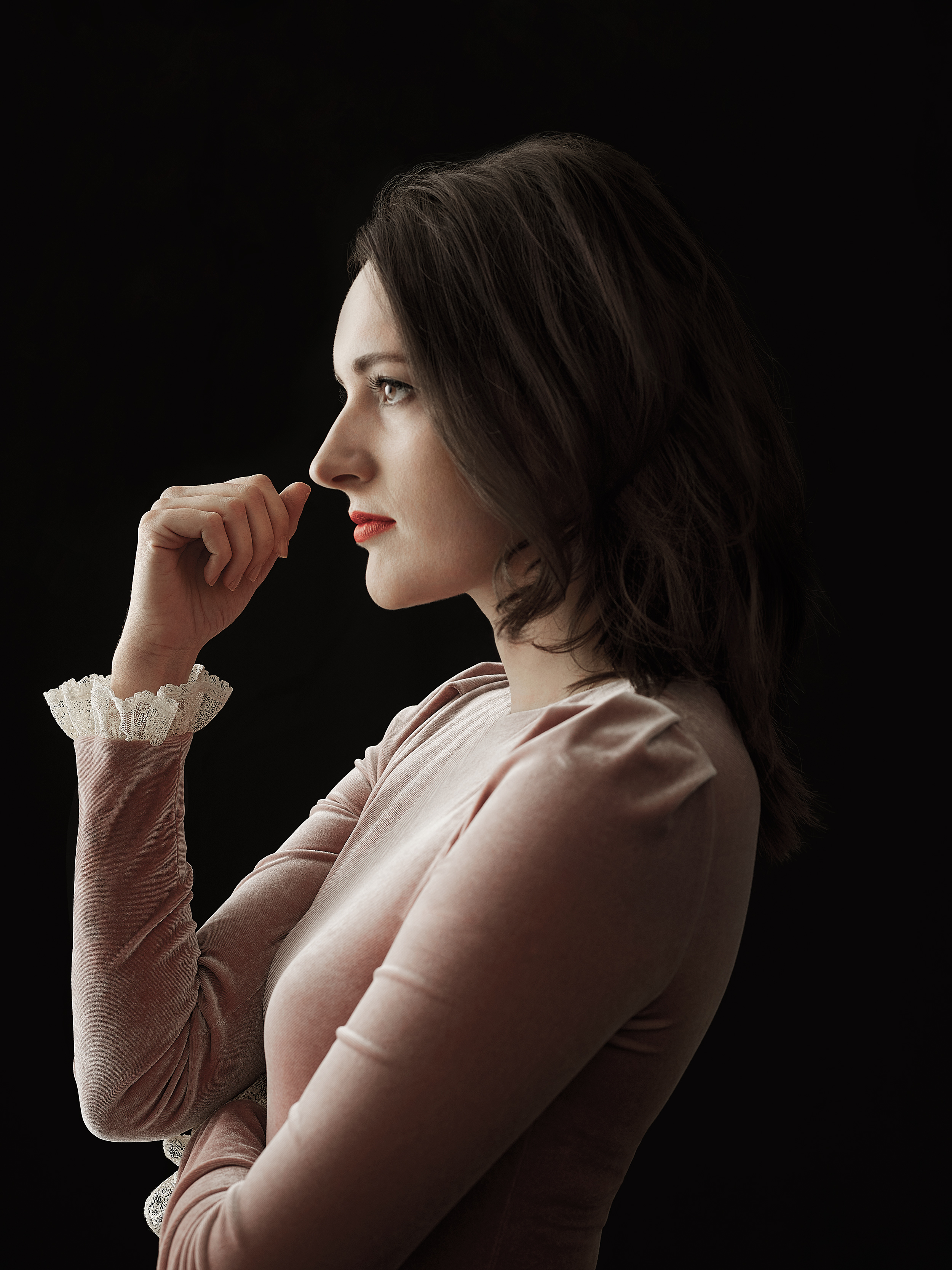It’s hard to imagine Fleabag, the self-destructive character at the heart of Phoebe Waller-Bridge’s BBC sitcom of the same name, telling anyone to stay positive and believe in themselves. Yet that’s how the 31-year-old actor and writer says she got to where she is today. “You have to believe that you might be good at what you do, even though everyone else is telling you that you are not.”

That resolve paid off. Fleabag began life as a piece of fringe theater about a filthy-minded young woman grappling with the loss of a friend. The BBC gave Waller-Bridge the chance to turn it into a six-part TV show, to enormous critical acclaim, and in 2016, Amazon brought it to the U.S., giving Waller-Bridge a trans-atlantic recognition that has put her much in demand. She’s now showrunner of high-budget BBC America thriller Killing Eve and will appear in the upcoming, as-yet-untitled Han Solo prequel in the Star Wars franchise.
Collaboration is the key to the native Londoner’s creative process, she says, dating back to when, at 22, she started a theater company with best friend Vicky Jones. “The moment I found somebody that I trusted … and was inspired by, it really changed everything,” she says. “It made me more fearless.”
That approach has thrust Waller-Bridge into the ranks of a new generation of female writer-actors unafraid to show women in an unflattering light, like Ilana Glazer and Abbi Jacobson of Comedy Central’s Broad City or Sharon Horgan, the Irish creator of Catastrophe on Amazon and HBO’s Divorce. She wants to write characters, she says, who are “real and complicated, contradictory, f-cked-up normal women like we all are, who are also allowed to be funny.”
Waller-Bridge says there’s a burgeoning sense of community among female creatives who feel the same way. “What’s cool is that everyone’s really behind each other,” she says. “There’s a real sense of, like, ‘Come on, we’ve got to do it together, we’ve got to change it.’”
- Donald Trump Is TIME's 2024 Person of the Year
- Why We Chose Trump as Person of the Year
- Is Intermittent Fasting Good or Bad for You?
- The 100 Must-Read Books of 2024
- The 20 Best Christmas TV Episodes
- Column: If Optimism Feels Ridiculous Now, Try Hope
- The Future of Climate Action Is Trade Policy
- Merle Bombardieri Is Helping People Make the Baby Decision